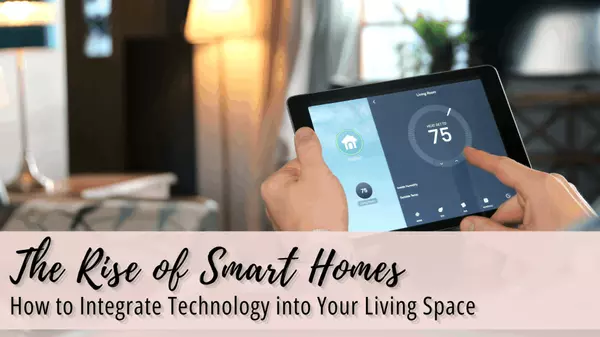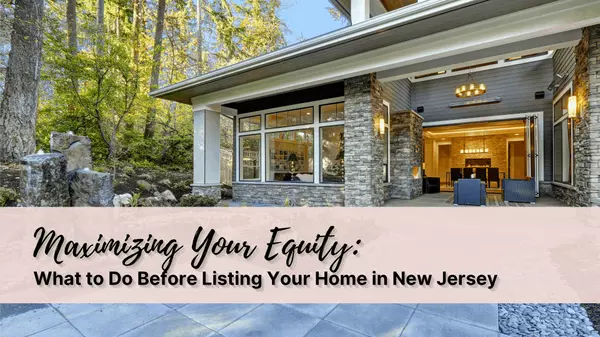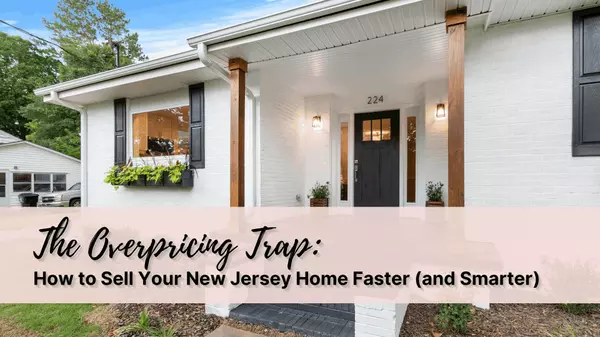The Rise of Smart Homes: How to Integrate Technology into Your Living Space

Imagine a world where your home anticipates your needs. Lights turn on as you walk in, the thermostat adjusts to your preferred temperature, and your favorite coffee starts brewing before you even reach the kitchen. This isn't science fiction – it's the reality of smart homes. What Are The Benefit
Read More
Categories
Recent Posts

Maximizing Your Equity: What to Do Before Listing Your Home in New Jersey

The Overpricing Trap: How to Sell Your New Jersey Home Faster (and Smarter) in Today's Market

3 Genius Ways to Lower Your Home's Total Cost (Without Asking for a Price Drop)

Fall Home Maintenance Checklist: Preparing Your Home for Colder Weather

5 Top South Jersey Neighborhoods Tailored for Young Professionals

Finding the Perfect Home in South Jersey's Best School Districts

New Jersey Real Estate: What's the Forecast for the Next 5 Years?

Are Moving Expenses Still Tax-Deductible in New Jersey?

The Ripple Effect: How Fed Rate Cuts Impact Real Estate Prices

Mortgage Points: Pay Now or Save Later – What’s the Smart Choice?

